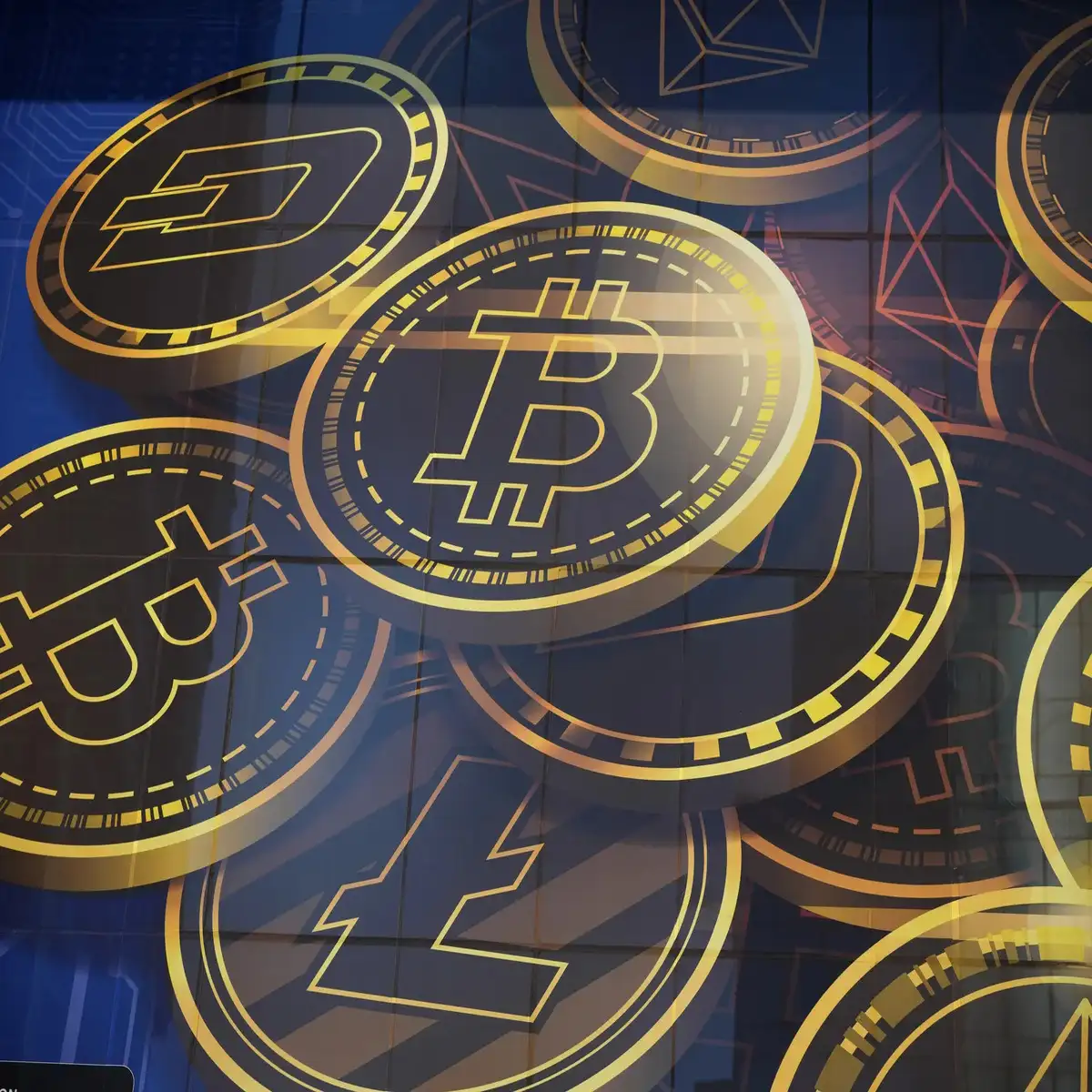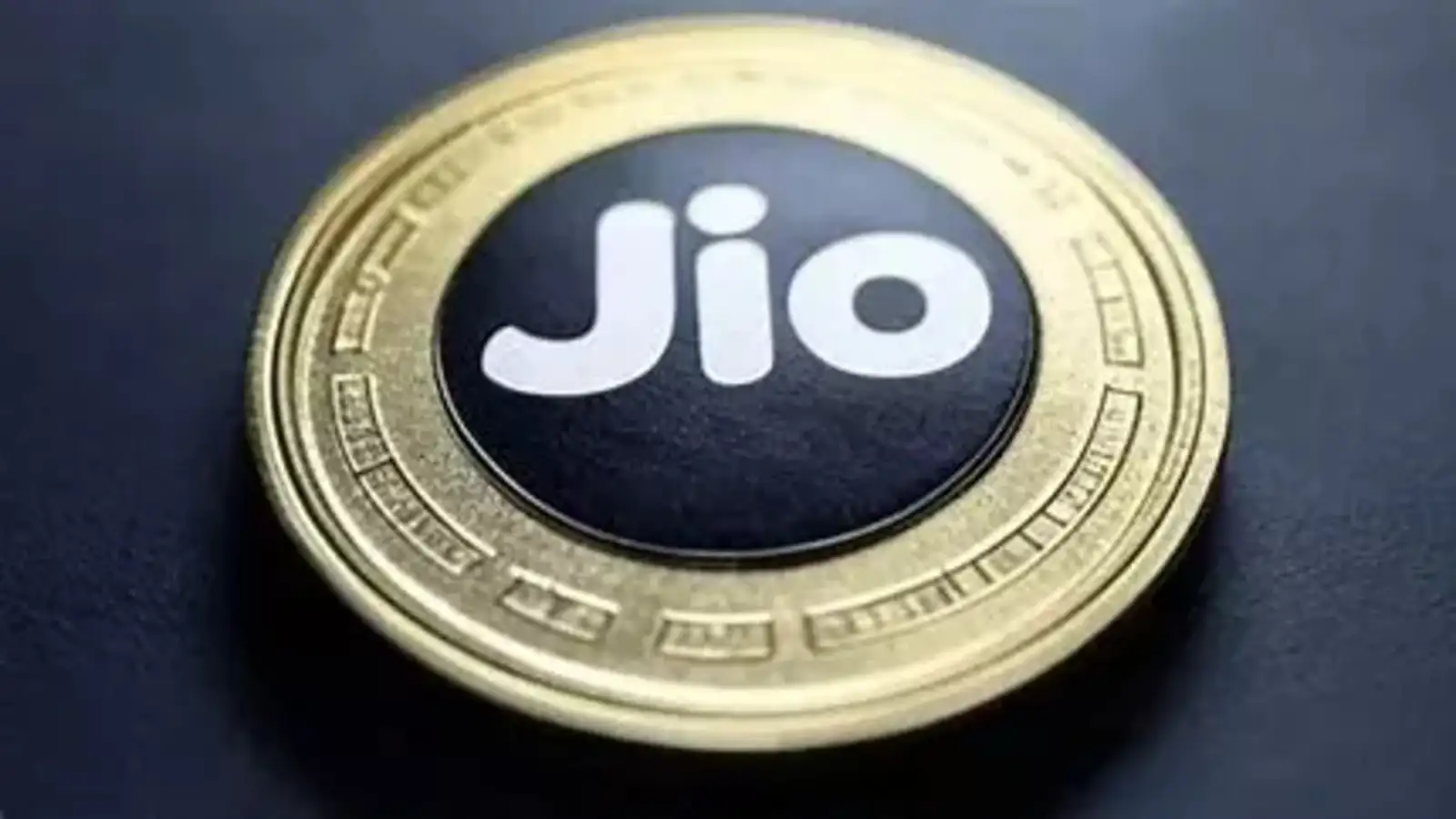Now Reading: Rise of Crypto Theft in 2025: How Safe Is Indian Crypto Investment?
-
01
Rise of Crypto Theft in 2025: How Safe Is Indian Crypto Investment?
Rise of Crypto Theft in 2025: How Safe Is Indian Crypto Investment?

Cryptocurrency adoption in India is growing rapidly, but so are the risks associated with it. In 2025, incidents of crypto theft and scams have surged, raising concerns among investors, especially in Tier-2 and Tier-3 cities where awareness about digital security is relatively low. While crypto offers opportunities for growth, understanding the risks is becoming more crucial than ever.
The Growing Threat of Crypto Theft
This year, hackers have targeted both international and domestic exchanges, exploiting weaknesses in security systems and user practices. Cases of stolen wallets, fraudulent apps, and phishing scams have increased significantly. Even small mistakes, like reusing passwords or trusting unofficial apps, can lead to major financial losses.
Why Investors Are Vulnerable
Many investors in smaller cities lack the resources or knowledge to protect their digital assets. They may rely on online wallets without hardware backup or ignore two-factor authentication. Limited access to expert advice makes it harder to recover lost funds or identify potential scams before damage occurs.
How Exchanges and Platforms Can Improve Security
Exchanges must strengthen security with regular audits, cold storage for assets, and transparent proof-of-reserve systems. Educating users about risks and establishing fast-response support systems is also essential. These measures can help build trust and encourage safer participation in the crypto ecosystem.
Steps for Individual Investors
Using hardware wallets, enabling two-factor authentication, and verifying legitimate platforms are basic but effective steps. Limiting the amount kept on exchanges and diversifying investments can reduce the risk of total loss. Awareness of potential scams and cautious engagement with new tokens or platforms is key.
Conclusion
The rise in crypto theft in 2025 is a stark reminder that digital assets, while promising, are not risk-free. For investors in India, especially in smaller cities, security and awareness are as important as opportunity. Building safe practices and understanding threats will determine how effectively individuals can benefit from the growing digital economy without falling prey to fraud.

























